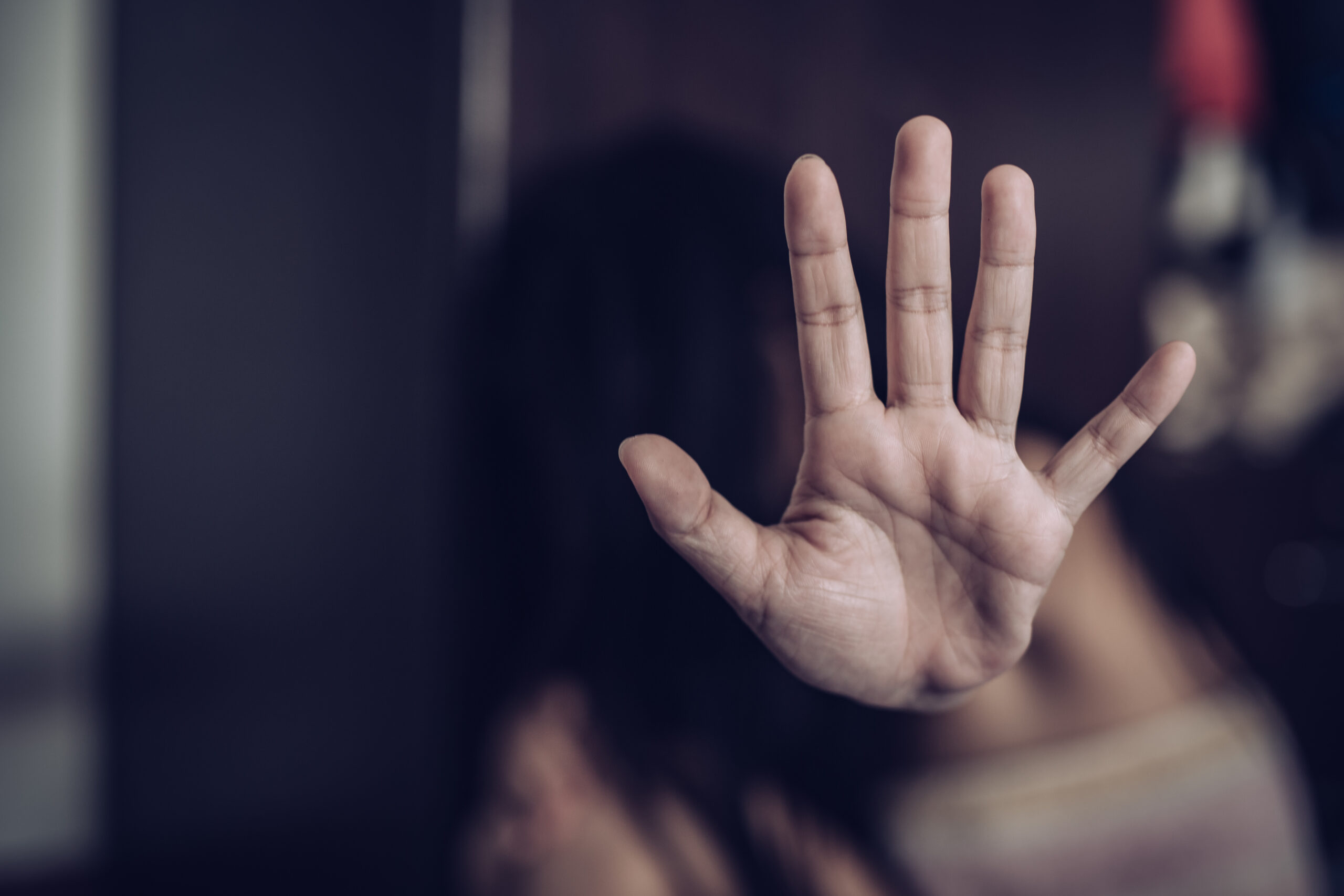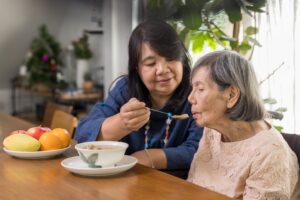
January is National Slavery and Human Trafficking Awareness Month, which is focused on bringing awareness to and educating others on how to identify and prevent modern-day slavery and human trafficking, where people are sold for what they can provide. There are two primary forms of human trafficking: sex trafficking and labor trafficking. These are defined as the recruitment, harboring, transporting, obtaining, patronizing, or soliciting of an individual for commercial sex acts or involuntary servitude. Human trafficking includes the use of force, fraud, or coercion to compel an individual to engage in sex acts or labor. Coercion includes threats of physical harm, emotional distress, threats of harm to loved ones, as well as threats to cause damage to the individual’s reputation.
Human trafficking is a nationwide epidemic. It happens in most countries and can occur both within the country and between other countries. Traffickers are usually someone the trafficked individual knows and trusts. What makes us vulnerable to trafficking is that trafficked individuals can be of any age, race, gender, sexual orientation, or socioeconomic background.
January is the month dedicated to spreading the word about this global crisis. Here are some things you can do: attend an event to support survivors, seek out information, and share it with others. Starting with an understanding of what human trafficking looks like is important and can potentially help others.
If you are a victim of human trafficking and need help, or believe you know someone who is being trafficked, you can contact the National Human Trafficking Hotline at (888) 373-7888.





